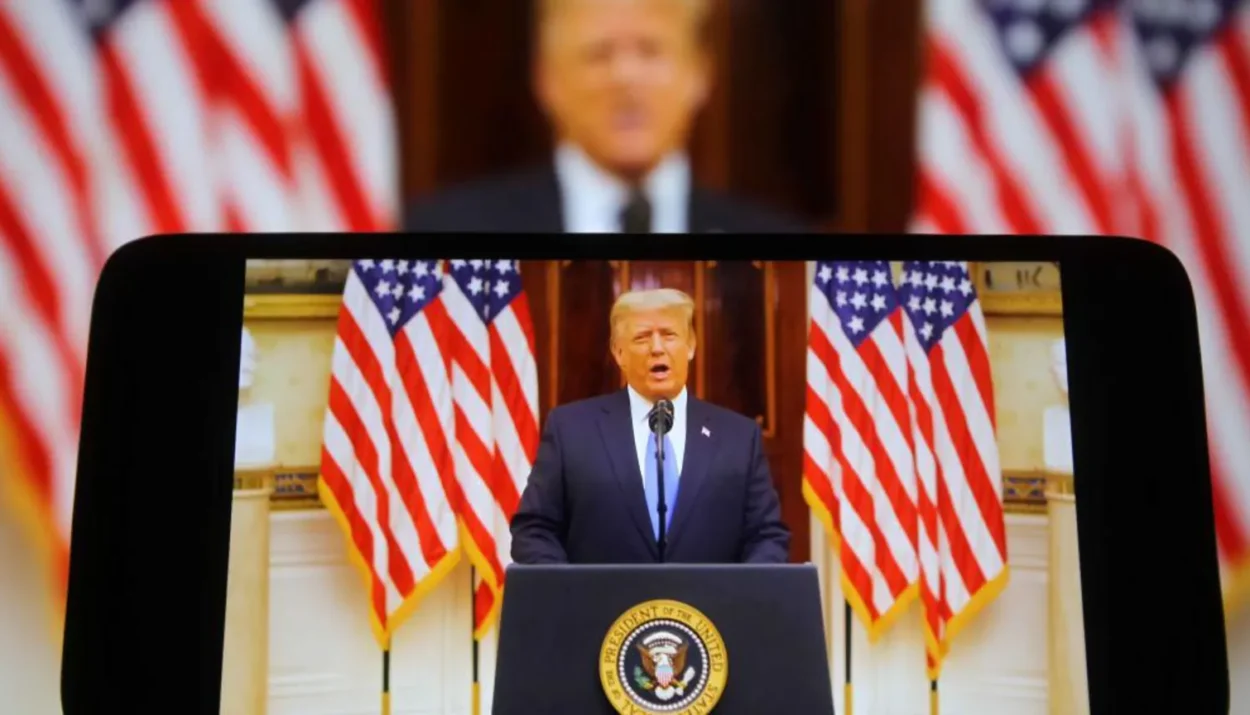YouTube has agreed to pay $24.5 million to settle a lawsuit brought by US President Donald Trump after the platform suspended his account in the wake of the January 6, 2021,, Capitol riot. The case, filed in 2021, alleged that YouTube and its parent company Alphabet wrongfully silenced Trump’s political speech.
Under the settlement terms, $22 million will go toward the Trust for the National Mall, helping fund a $200 million White House ballroom project, while the remaining $2.5 million will be shared among other plaintiffs, including the American Conservative Union and author Naomi Wolf. The deal includes no admission of wrongdoing by YouTube, which described the agreement as a way to avoid “the expenses and risks of further litigation.”
The payout marks the latest in a string of Big Tech settlements with Trump since his return to the White House. Earlier this year, Meta paid $25 million and X (formerly Twitter) paid $10 million to settle similar lawsuits over Trump’s suspensions. Together, the three cases have netted Trump allies roughly $60 million.
Trump lawyer John Coale, who spearheaded the lawsuits, said the settlements reflected how Trump’s re-election reshaped negotiations: “If he had not been re-elected, we would have been in court for 1,000 years.”
YouTube first suspended Trump’s channel on January 12, 2021, citing the “ongoing potential for violence” after his remarks to supporters on the day of the Capitol attack. The suspension was indefinite until March 2023, when Trump launched his second presidential campaign and the platform reinstated his channel. His first message back was a simple rally clip captioned: “I’M BACK!”
The settlement highlights the complex relationship between Silicon Valley and Washington under Trump’s second term. Once critical of him, tech CEOs have recently sought to mend ties—attending White House dinners and voicing support for Trump’s AI initiatives.
The YouTube settlement underscores how Trump has successfully leveraged legal and political pressure to extract payouts from media and tech companies that once banned him, reshaping the debate over content moderation and platform accountability.










